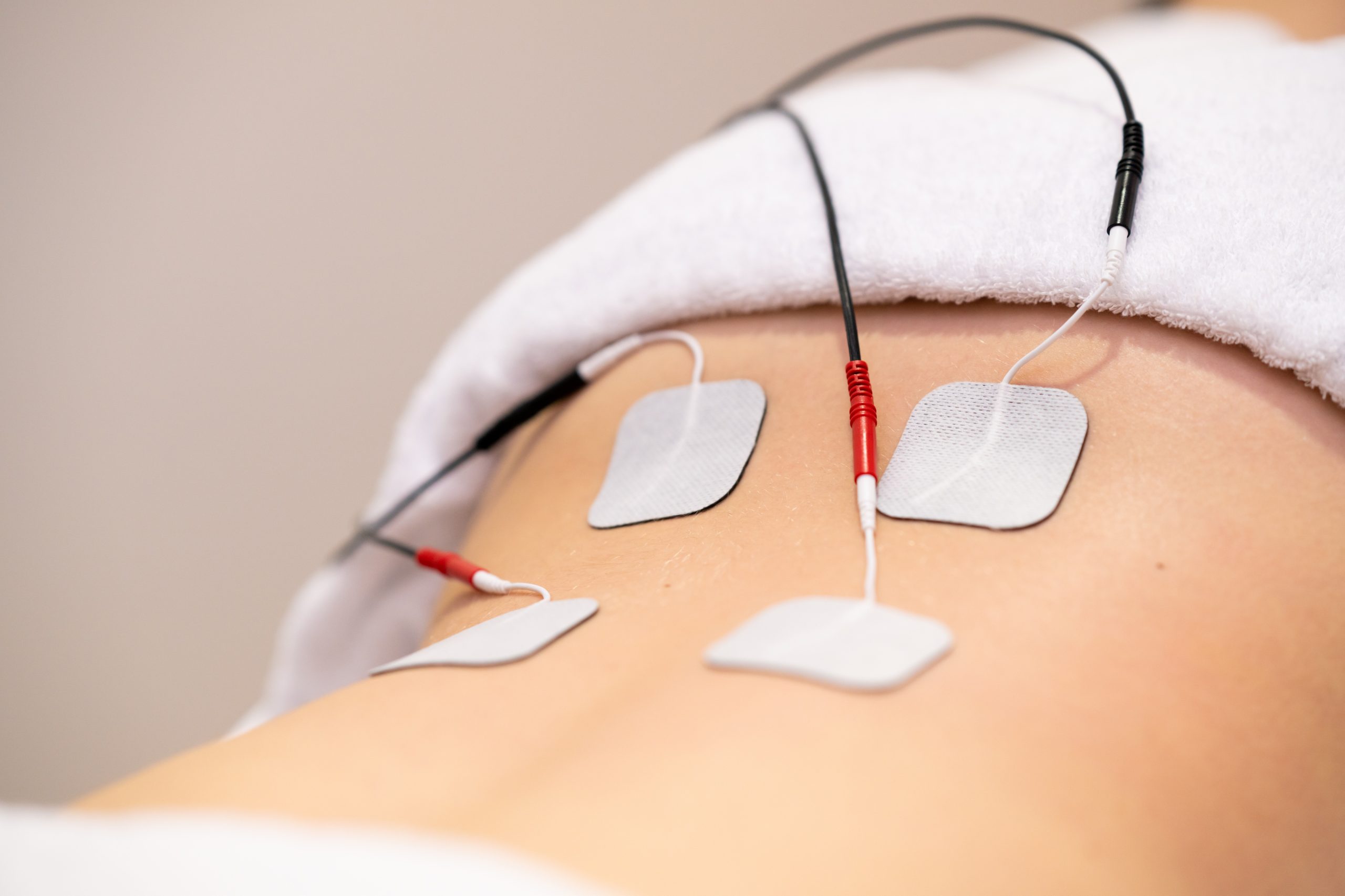
Vagal nerve stimulation (VNS) offers exciting possibilities for managing various health conditions, from epilepsy to depression. This innovative treatment uses an implanted device to electrically stimulate the vagus nerve, which plays a vital role in regulating many bodily functions. As research expands, the potential benefits of VNS now extend beyond its traditional uses, opening doors to new therapeutic avenues. Discover how this technology is reshaping health management and why it might be a solution worth considering.
Vagal nerve stimulators, such as those offered by https://pulsetto.tech/, are designed to send mild electric pulses to the vagus nerve to assist in managing stress and improving overall well-being. The vagus nerve, a critical part of the parasympathetic nervous system, plays a significant role in controlling vital functions such as heart rate, digestion, and mood regulation. Stimulating this nerve can lead to noticeable improvements in these areas, promoting a sense of calm and clarity.
Lire également : Streamlining call center call flow for better customer service
The vagus nerve's influence extends to various health aspects, including aiding in emotional regulation, lowering blood pressure, and enhancing digestive processes. Additionally, vagal nerve stimulation (VNS) therapies, through devices or sometimes surgical implants, have shown promise in treating severe conditions like epilepsy and depression. These stimulators not only manage symptoms but also offer an opportunity for patients to gain better control of their health.
Initial health benefits of VNS therapies include reduced seizure frequency in epilepsy patients and improved emotional stability for those with mental health challenges. Furthermore, VNS has been observed to support cardiovascular health and enhance immune response, making it a versatile tool in modern medicine.
A lire également : Is Remote Work Changing the Landscape of UK Tech Industries?
Vagus nerve stimulation (VNS) has shown potential in managing mental health disorders by modulating brain regions involved in mood regulation. For those with treatment-resistant depression, VNS can aid in emotional regulation and stress reduction, fostering clarity and calmness. It works by stimulating the vagus nerve, part of the body's parasympathetic nervous system. This connection plays a significant role in influencing mood and anxiety levels.
A key application of VNS is in treating epilepsy. It helps in reducing the frequency and severity of seizures, particularly when medications alone are insufficient. While VNS doesn't cure epilepsy, it offers a complementary approach, potentially reducing seizures by about 20-50% after prolonged use.
The vagus nerve's role in inflammation management is becoming increasingly recognized. By influencing the body's inflammatory response, VNS can alleviate symptoms of chronic inflammatory conditions like rheumatoid arthritis. Its effects extend to the immune system, potentially enhancing immune function and providing therapeutic effects for other chronic illnesses.
Vagal nerve stimulation (VNS) can result in a variety of side effects, both common and less frequent. Among the more typical side effects are hoarseness, coughing, and shortness of breath. These effects often occur during or immediately after stimulation and usually diminish with time or adjustments. More rarely, patients might experience weight loss, snoring, and night apnea.
The surgical implantation of a vagal nerve stimulator introduces certain risks, notably potential pain, difficulty swallowing, and temporary vocal cord paralysis. Although considered safe, the surgical process requires careful consideration and consultation with healthcare providers to discuss individual risk factors.
It’s crucial for patients to maintain regular contact with healthcare providers post-implantation to monitor for any adverse reactions. Adjustments to the device's settings might be necessary to manage symptoms and optimize therapy. Prior to any medical tests, like MRI scans, patients should seek professional advice to prevent interference with the device. Continuous evaluation ensures overall safety and device efficacy.
Vagus nerve stimulation (VNS) is gaining traction in managing various chronic conditions. VNS has shown promise in treating conditions such as PTSD, migraines, and chronic pain. For PTSD, it may help modulate symptoms through mood regulation by enhancing parasympathetic activation. Studies suggest a reduction in migraine frequency and intensity with VNS, while chronic pain sufferers may experience relief due to its anti-inflammatory effects.
Recent research highlights the expanding potential of VNS technology. Innovative noninvasive devices offer alternatives to traditional implantable systems. These advances aim to facilitate easier management of disorders like fibromyalgia and IBS. Additionally, ongoing studies are investigating VNS's role in autoimmune diseases, responding to vagal nerve stimulation's anti-inflammatory properties.
The future of VNS technology is bright, with developments expected to refine both implantable and external devices. Research is exploring more personalized stimulation protocols to enhance efficacy for diverse conditions. Coupling VNS with AI technologies may tailor the treatment, potentially optimizing outcomes for patients with unique health challenges. As understanding deepens, VNS could become an integral part of managing chronic and acute medical conditions.